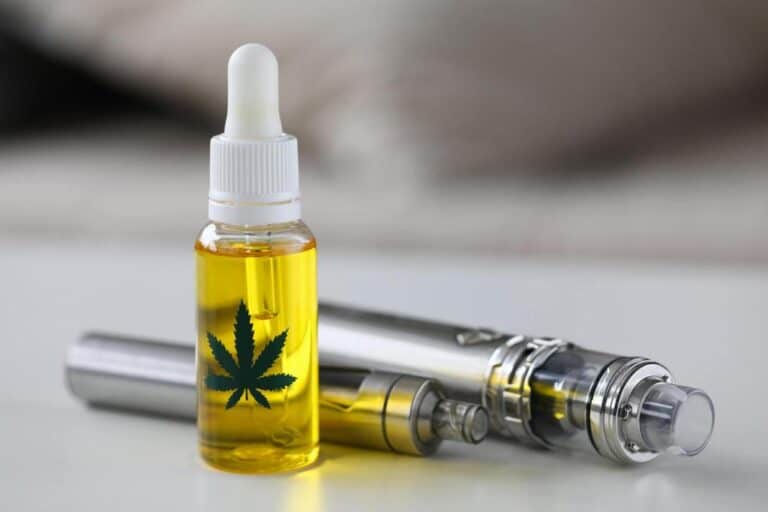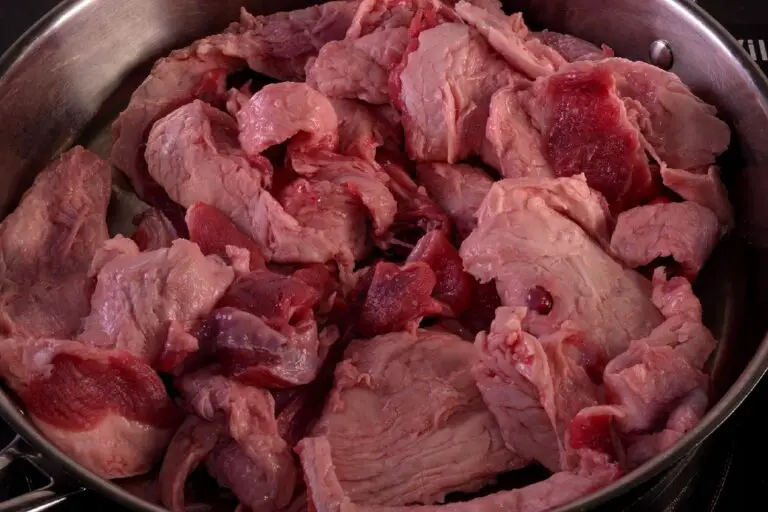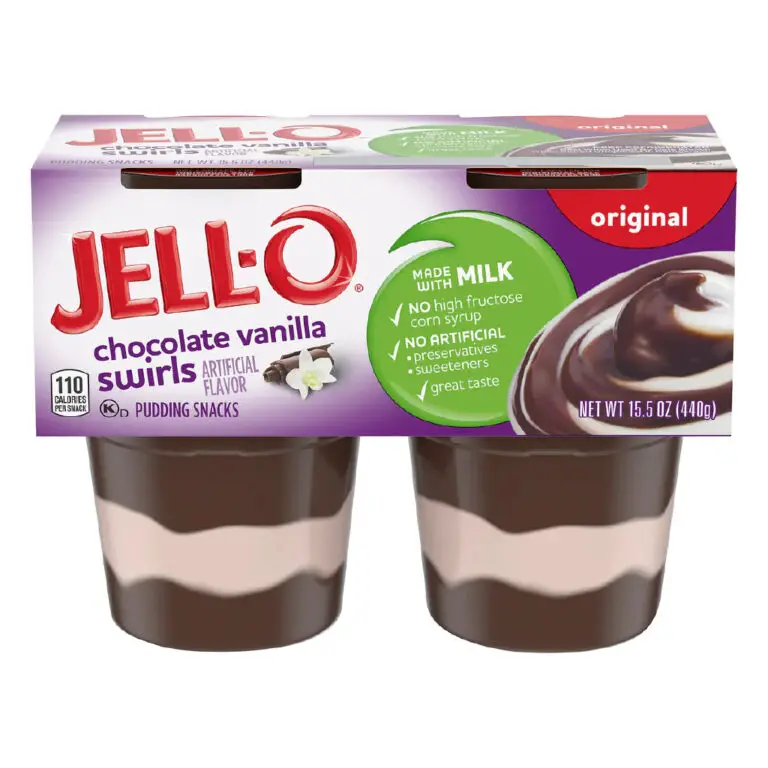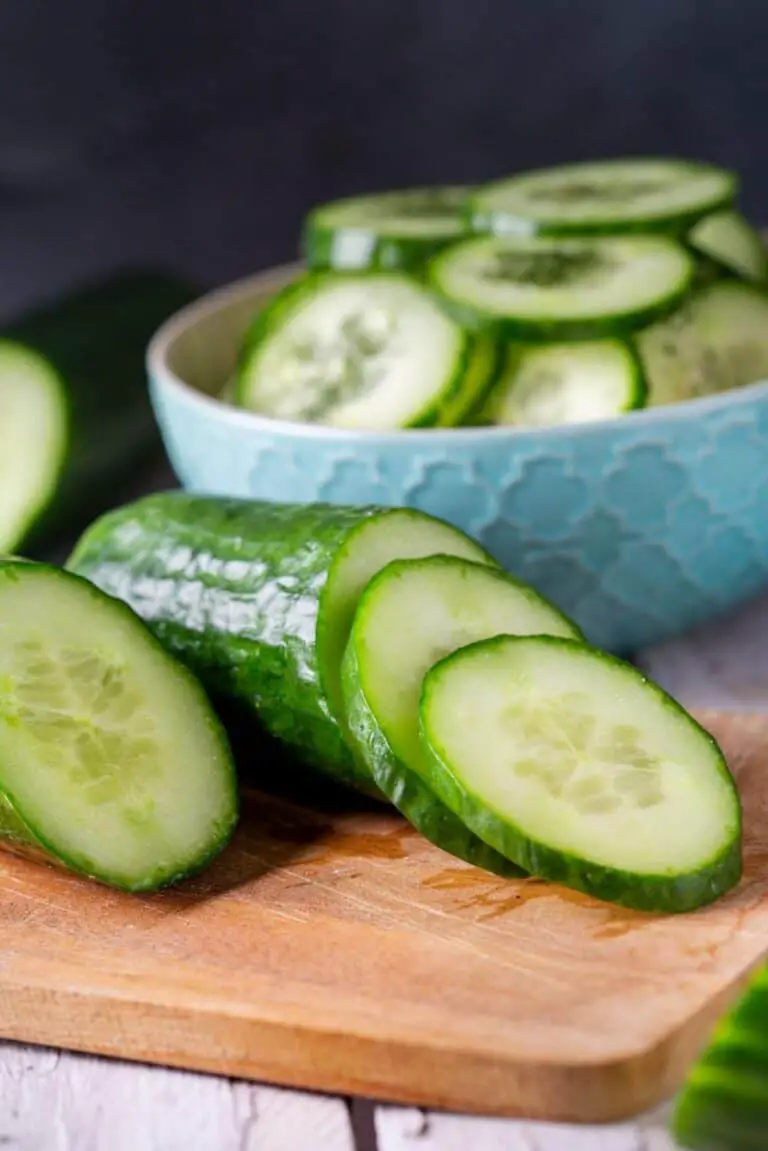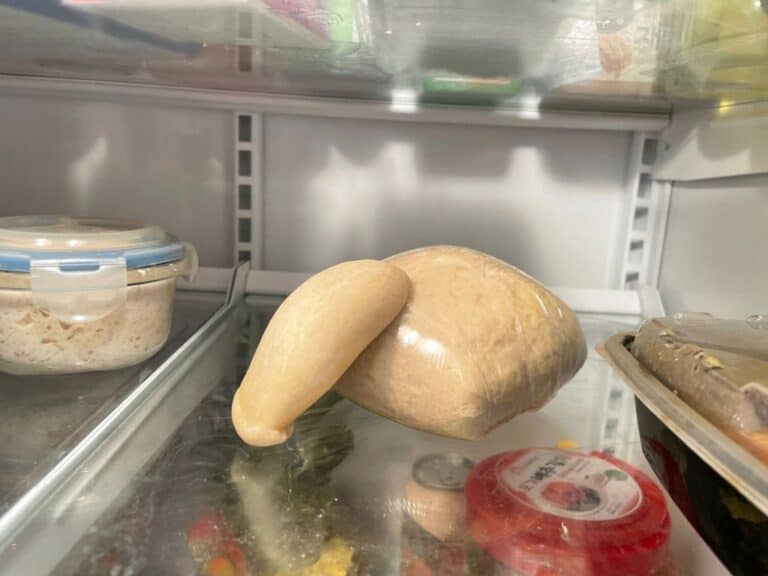Can I Eat Unopened Expired Hummus (or Past Use-by Date)?

Hummus, with its smooth texture and rich flavor, has become a popular choice for a healthy snack or a savory dip. Store-bought or homemade, this chickpea-based spread is a kitchen favorite. But what happens if you discover an unopened container of hummus that has passed its expiration date? Can you trust that it’s still good, or should you throw it out to avoid any potential risks?
The label says it’s expired, but it’s still unopened. So, what’s the verdict? Can you indulge in that creamy goodness, or should you toss it? Let’s dive into the world of hummus, expiration dates, and what they really mean.
This article will explore factors affecting the safety of unopened, expired hummus. It will cover spoilage signs and storage tips. With this knowledge, you can confidently decide whether to eat that jar of hummus. This will reduce food waste and keep your snacks tasty and safe.
Understanding Expiration Dates: What’s in a Label?
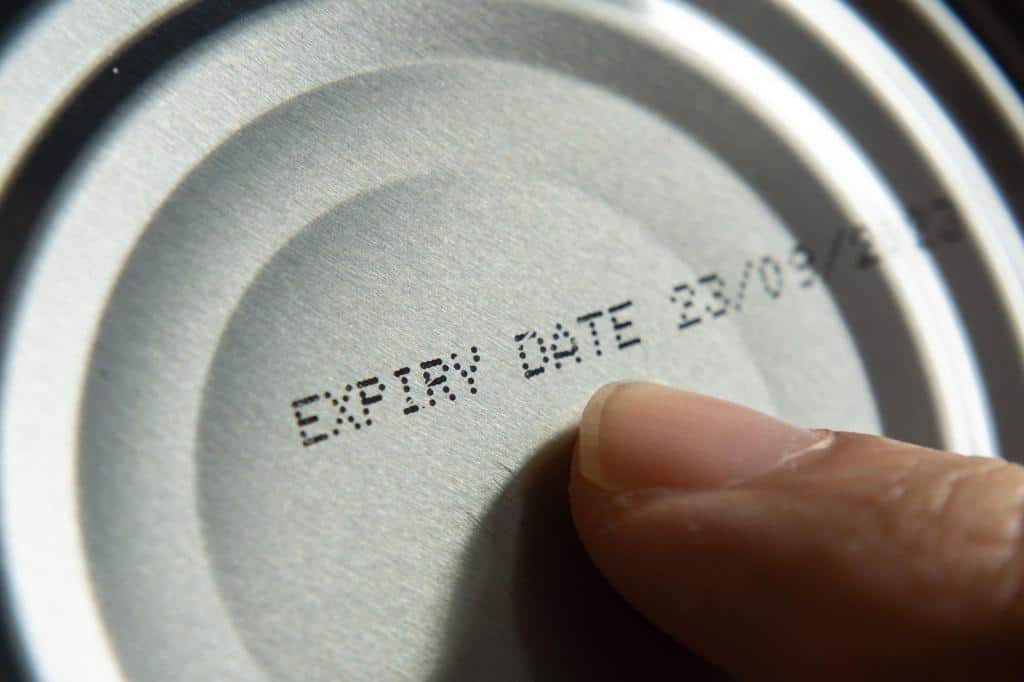
First off, let’s clear up some confusion about expiration dates. These dates aren’t as straightforward as they seem. They’re more like guidelines, a gentle nudge from the manufacturer saying, “Hey, this is when our product is at its best.” But the truth is, unopened foods often last beyond their labeled date.
There are a few types of dates you’ll typically see:
- Use-by Date: This is the manufacturer’s recommended date for peak quality. After this date, the texture, flavor, or freshness might not be up to par, but it doesn’t necessarily mean the food is unsafe.
- Sell-by Date: This one is for the store, indicating how long the product should be on the shelves. It’s more about inventory than safety.
- Best-by Date: This is the suggested date for the best flavor or quality. It’s not an expiration date, and food may still be safe to eat afterward.
So, that unopened tub of hummus sitting in your fridge might still be good even after the date has passed.
| Read: Can You Eat Unopened Expired Alfredo Sauce? |
The Nature of Hummus: Freshness vs. Safety
Hummus is a mix of chickpeas, tahini, olive oil, lemon juice, garlic, and sometimes additional flavorings. It’s a fairly simple, wholesome food, but it’s also perishable. When stored properly—usually in the fridge—hummus can last a few days beyond its use-by date if unopened. However, it’s important to consider a few factors.
Factors Affecting Hummus Shelf Life
- Storage Conditions: How you store your hummus plays a huge role. One of the most crucial is storage conditions. If you’ve kept your hummus consistently refrigerated, it will likely last longer compared to one that’s been left out, even for a short period of time. A stable, cool environment helps preserve its freshness.
- Ingredients: Hummus made with preservatives can have a longer shelf life, giving you more time to enjoy it. All-natural hummus is delicious and free of additives. But, it may spoil quickly without preservatives.
- Packaging: Packaging also plays a significant role in determining how long hummus stays fresh. Unopened, airtight packaging is your best friend here, as it locks in freshness and keeps out air and contaminants. However, once you break that seal, the hummus is more prone to spoilage. The clock starts ticking.
To Eat or Not to Eat: Making the Decision
Before you dive in, here’s a quick checklist to help you decide whether to eat that unopened, expired hummus:
1. Check the Smell
- Fresh Hummus: Should smell tangy, fresh, and a bit nutty.
- Spoiled Hummus: If it smells sour, off, or just not right, it’s better to err on the side of caution and toss it.
2. Examine the Texture
- Fresh Hummus: Should be creamy and smooth.
- Spoiled Hummus: If it’s separated, watery, or has mold growing on it, that’s a clear sign it’s gone bad.
3. Taste Test
- Fresh Hummus: Should taste fresh, with a balanced blend of flavors.
- Spoiled Hummus: If it tastes sour, bitter, or just off, spit it out and don’t eat any more.
What If You Ate Expired Hummus?
So, you’ve eaten some expired hummus—what happens next? If the hummus was only a little past its use-by date and didn’t have any noticeable signs of spoilage, you’re likely in the clear. Hummus’s ingredients are perishable. But, they don’t usually turn dangerous right after the expiration date, if stored properly.
However, if you start to feel off, it’s essential to pay attention to your body. Symptoms like nausea, vomiting, or stomach cramps could indicate food poisoning. These symptoms might develop within a few hours to a day after consuming spoiled food. While it might just be a mild reaction, it’s crucial not to dismiss it.
If you experience any of these signs, contacting your doctor is the best course of action. Foodborne illnesses can be more serious than they seem. So, it’s best to be cautious when your health is at stake.
| Also read: Unopened Expired Coconut Flour: Should You Keep or Toss It? |
Preventing Future Hummus Dilemmas
To avoid finding yourself in this situation again, here are a few tips for managing your hummus:
| Tip | Why It Helps |
| Store Properly | Keeps the hummus fresh longer, reducing waste and spoilage. |
| Label with Purchase Date | Helps you keep track of how long it’s been in your fridge. |
| Freeze Hummus | Extends the shelf life significantly—just thaw and stir before use. |
| Buy Smaller Portions | Reduces the risk of it expiring before you finish it. |
Alternatives to Unopened Expired Hummus
If you’re hesitant about eating unopened, expired hummus, there are plenty of fresh alternatives to consider. For starters, you can opt for fresh store-bought hummus, which will be well within its use-by date and offer that creamy, satisfying flavor you love. Fresh hummus, in many flavors, makes a tasty snack. You won’t worry about it expiring.
Another great option is to make your own hummus at home. Homemade hummus allows you to control the ingredients and avoid preservatives, giving you peace of mind about what you’re eating. Plus, making hummus is simple and customizable. You can adjust the flavors to your liking and make it as smooth or chunky as you prefer. Here’s a basic recipe to get you started:
| Ingredients | Quantity |
| Chickpeas | 1 can (15 oz) |
| Tahini | 1/4 cup |
| Olive oil | 2 tbsp |
| Lemon juice | 2 tbsp |
| Garlic | 1 clove |
| Salt | To taste |
Blend all ingredients until smooth, and enjoy a fresh, homemade treat. By choosing fresh alternatives or making your own hummus, you can ensure you’re always enjoying a safe and delicious snack.
The Verdict: Can You Eat It?
So, can you eat unopened expired hummus? The answer is a qualified maybe. If it’s been stored properly and shows no signs of spoilage, it’s likely safe to eat a few days past the use-by date. However, always trust your senses—if it looks, smells, or tastes off, it’s better to throw it out.
In the end, hummus is a treat, not a gamble. Enjoy it fresh whenever possible, and when in doubt, choose caution over risking a bad experience. After all, there’s nothing like savoring that creamy, garlicky goodness when you know it’s safe and sound.

